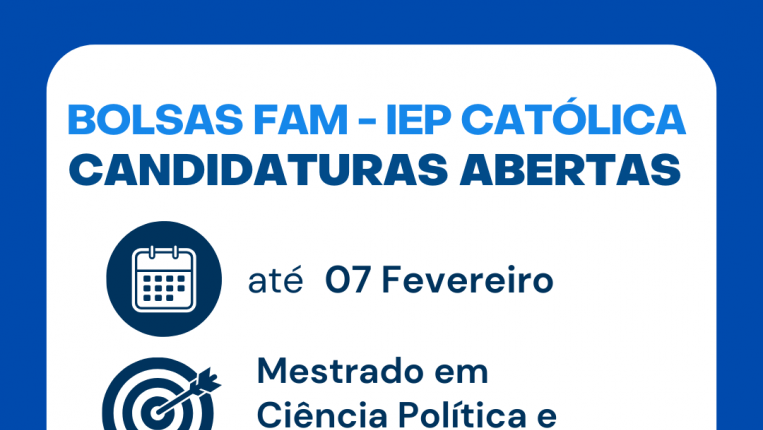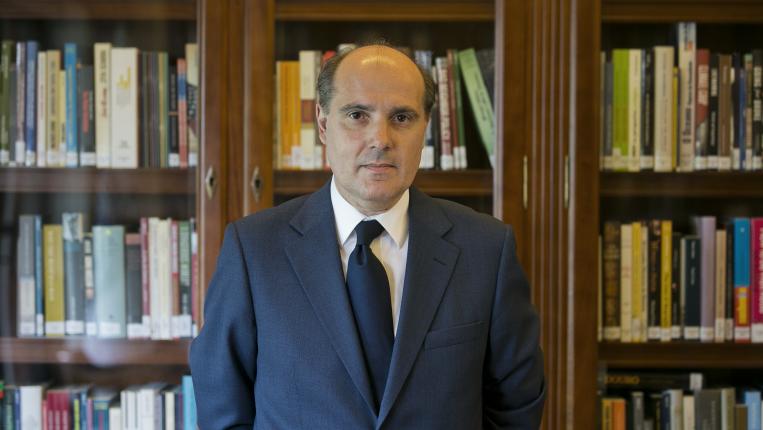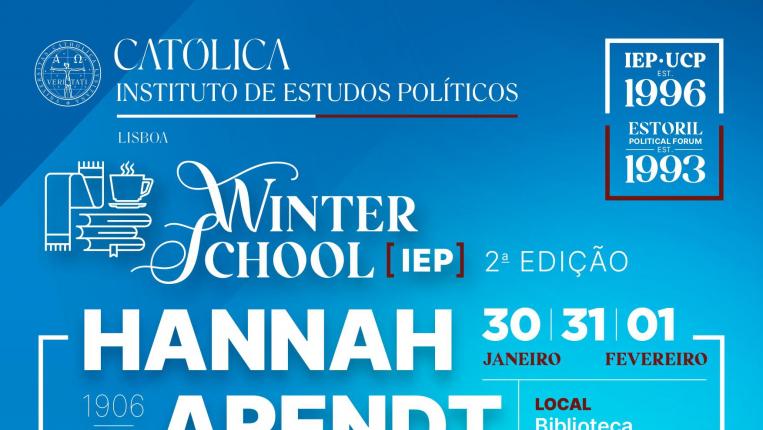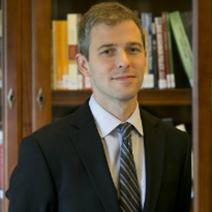The research group in Technology, Data, and Politics studies the political and moral challenges presented by emerging technologies such as advanced surveillance networks, Big Data analytics, facial recognition and emotion recognition programs, social media and online disinformation, systems for the quantification of human behaviour and emotion, and artificial intelligence. Associated with the Research Group are the following Research Projects:
-
The Rising Authoritarian Powers: Contemporary Challenges to Democracy (RAP), coordinated by Professors William Hasselberger. Launched in 2020, the project was born out of the need to understand the new shapes of authoritarian forces that infiltrate the democratic world. The project investigates contemporary challenges to contemporary democracy, with a focus on topics that range from sophisticated technological tools to economic statecraft, misinformation campaigns and foreign interference. Its main focus concerns authoritarian challenges in Portugal and within the European Union, as well as how authoritarian forces impact democratisation processes and economic development in Portuguese-speaking Africa. It aims to engage with the academic community, as well as with journalists, NGOs, think tanks and anyone who is interested in understanding the complex mechanisms that secure and challenge democracy. More information here.
-
Artificial Intelligence and the Common Good (AICG), cproject coordinated by Professors William Hasselberger (IEP-UCP) and Pedro Simas (UCP), in partnership with universities belonging to the International Federation of Catholic Universities (IFCU), as Boston College (Massachusetts), Catholic University of America (Washington D.C), University of Notre Dame (Indiana) e Australian Catholic University. The project aims at giving more substantive content to the ideal of a human-AI relationship that safeguards and strengthens distinctively human skills and capacities, and respects the dignity of the human person, in contrast to a human-machine relationship that substitutes mechanical processes for human judgment, social ties, and agency, in the interest of a small technological elite. Scholars working within the Catholic intellectual tradition have at their disposal a rich concept of the human person—including conceptions of the ethical virtues and ideals of community life and social practices oriented to human goods. This tradition can expand and deepen our notion of “human-centered” AI. An interview on these topics given by Professor William Hasselberger in the context of the International Federation of Catholic Universities is available here.




